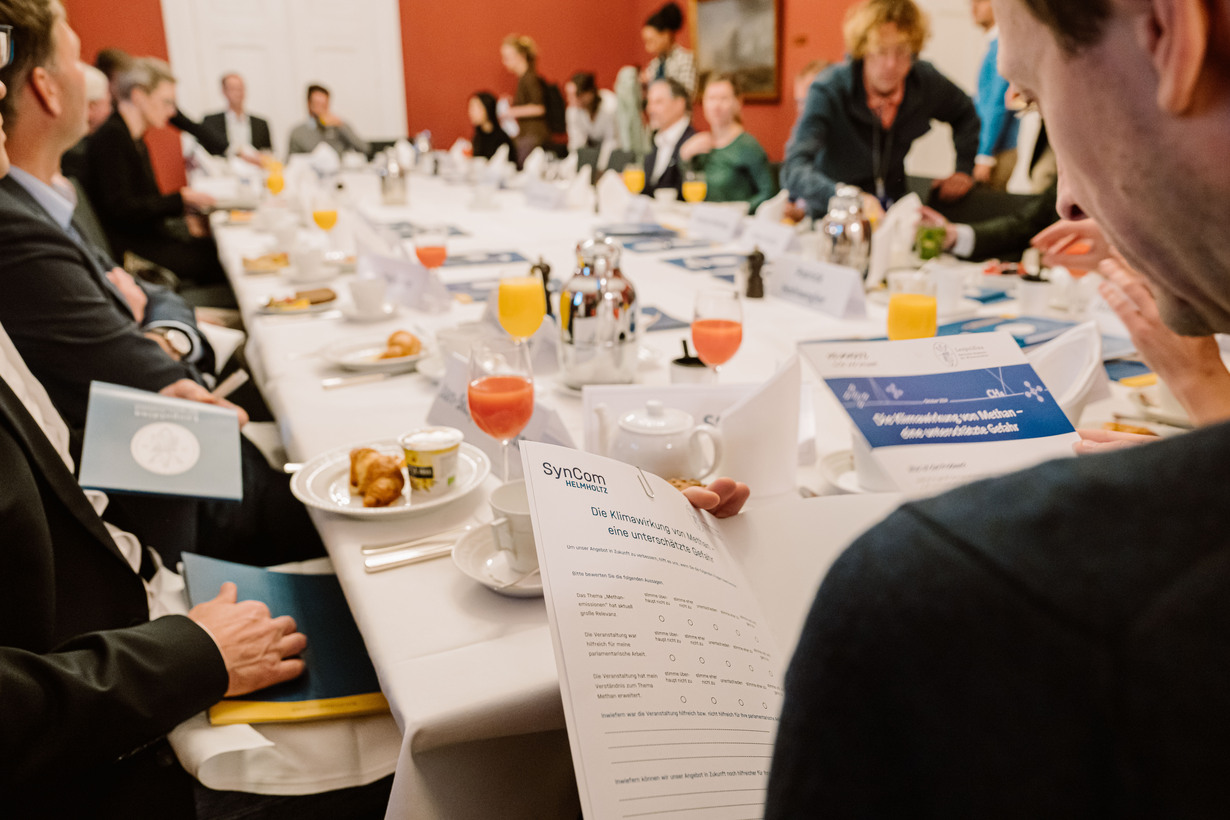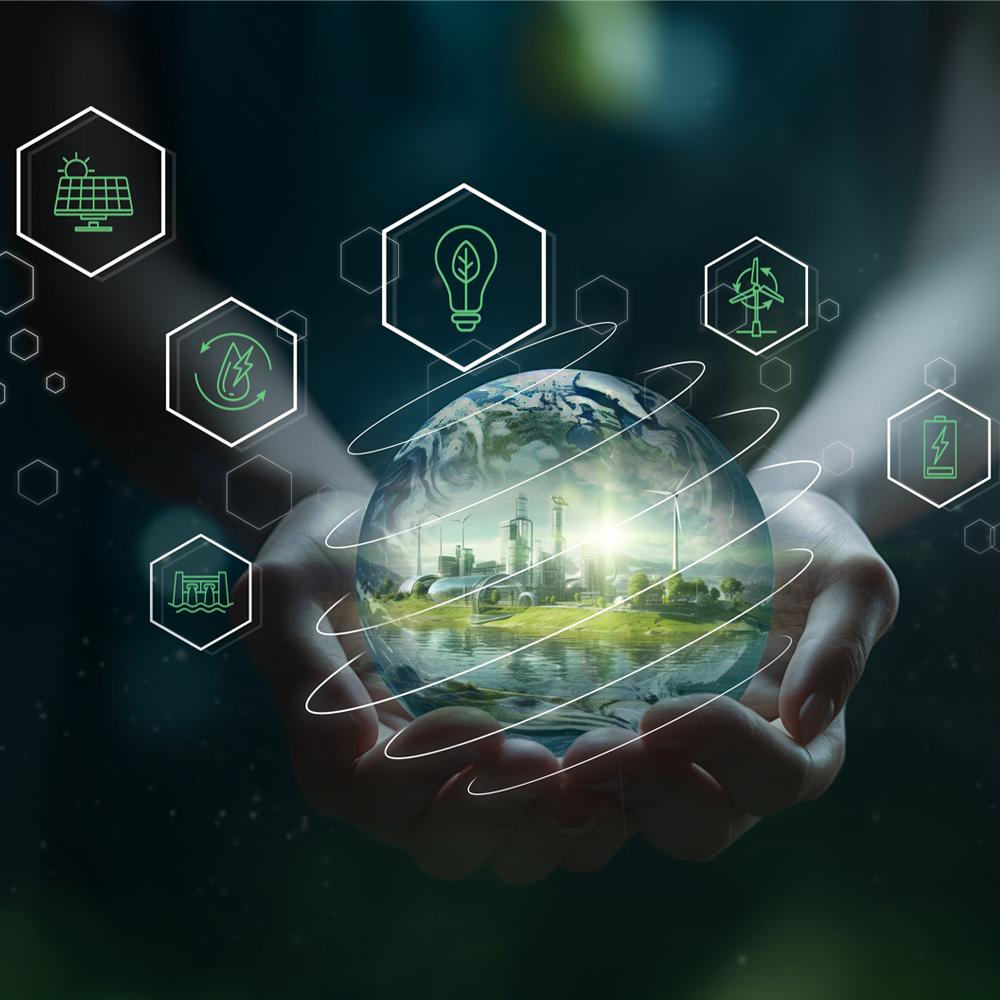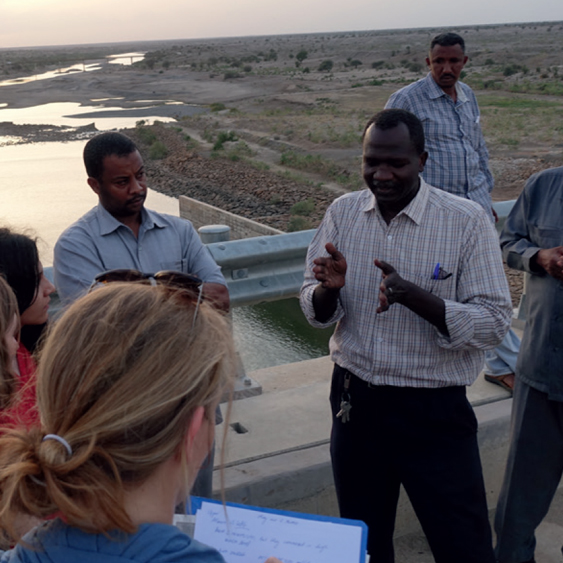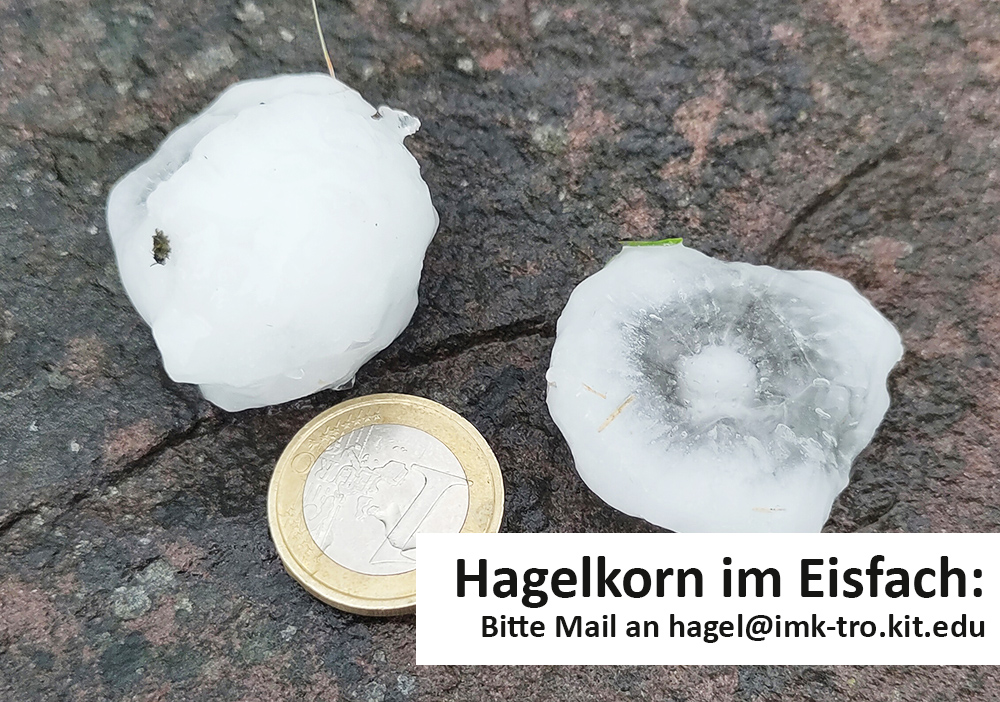Knowledge and Technology Transfer
Knowledge transfer in the sense of transferring or exchanging knowledge with various stakeholders is an essential component of our everyday life. In order to be able to disseminate research results or have them become effective, target group-specific processing is essential. Particularly in climate research, the public mandate as a neutral/objective information carrier is therefore of decisive importance.
Hence, knowledge transfer has become a central part of scientific endeavor over the past decades. The basis is the scientific expertise developed and achieved through research, developing concepts to serve legislative and government institutions at all levels, economy, the public, and the wider research and public services communities. In the end, it serves as a core for science-based decision-making. On the global and national level, this is most prominently achieved through the active participation in international assessments and reports, whereas on the regional and local level, knowledge transfer mostly takes place via discourse with politicians and regionally active stakeholder groups. Furthermore, knowledge transfer to the public about the impact of the atmosphere in global change is generally achieved through public lectures, tutorials with schools, stakeholder dialogues, web information systems, and information material.
Technology transfer strategies were successfully developed at KIT within the research field Earth and Environment and were often aligned with regional and federal partnerships. This will be continued, but we will share best practices in incentivizing and monitoring technology transfer. Considerable technology transfer will be achieved by the further development of instrumentation and software tools for data analysis and modeling, and making these accessible to stakeholder groups, including the insurance industry, weather and disaster management services, government agencies, universities, and research institutions worldwide. Where appropriate, intellectual property rights are assured through patents and licenses.

Synthesis and Communication platform
link


Center for Disaster Management and Risk Reduction Technology
link
A joined initiative of EFCA and KIT
link
The workshop connects science with industry and authorities.
link
A technical short course with focus on the use of micrometeorological methods
link
Within SynCom, KIT experts contribute to parliamentary events.
link
Mitorganisatoren Side Event COP28 in Dubai
link
Cooperations with various Insurance Companies
link
Cooperation with local authorities and municipal companies
link
Cloud-ready modules in cooperation with Sudanese and Ethiopian partners from politics and water sectors
link
Cooperation with Bilfinger Noell GmbH
link
Cooperation with Bruker Optics GmbH
link
Cooperation with GRAW Radiosondes GmbH & Co. KG, enviscope GmbH and the German Weather Service (DWD)
link
Cooperations with AXPO Solutions AG
link
Cooperation with the German Weather Service (DWD) and the solar energy service provider meteocontrol
link
Cooperation with the German Weather Service (DWD)
link
Cooperation with the German Weather Service (DWD)
link
Cloud-based decision support system for forest rangers
link
Measuring aerosols and trace gases: Research infrastructure IAGOS-CARIBIC in cooperation with Lufthansa Group
link
Web-based tool for decision support: A simulation framework for terrestrial ecosystem models
link
Call to the public to support research by collecting hailstones
link
Operational forecast maps, meteograms and extended probabilistic climatologies
link
